Built Not Bought - an Interview with Camera Maker Lucus Landers
4 22 Share TweetTime seems to be kind to photographer and camera maker Lucus Landers. We had the chance to feature his handmade instant press camera here on the Magazine a few years back and we were already amazed at his work and dedication. That's why we're happy to share with all of you that he's still making cameras, only now, he's got more tools to work with and a different approach to making cameras. Read on to learn more about Lucus, his process, and his hand built cameras.

Hi, Lucus. Welcome back to the Lomography Magazine. How are you doing and what have you been up to lately?
I’m doing really well! I currently work full time in the photo industry here in New York. It’s hard work but I still make sure to find time to get into the shop as often as possible.
We're glad to see that you're still making cameras! What's your recent project all about? Please tell us the story behind it.
About a year and a half ago I moved into a space that allowed me to have my own shop. For a long while I was doing nothing more than exploring, learning new tools and processes. Eventually I wanted to put some of these new found skills to the test — primarily welding and casting aluminum.
This most recent camera is the 3rd camera in a line of all metal, handheld point-and-shoot cameras. Probably not the final iteration as there is still so much I wish to change, but my most well made and practical camera to date.

How did the interest in making your own cameras begin?
It was very natural. I have always made things, ever since I was a kid. In the past it was because I had to, because my family didn’t have a lot of money to buy new things. As I grew older, money became less and less of an issue but the habit of building stayed with me.
When I went to school for photography, it was only a matter of time before I started making my own cameras.
Why make a camera when you can just go out and buy one?
Besides the fact that I love building, each camera offers something special that I couldn’t easily get from a store bought camera. My large format camera was made of laser cut plywood, making it much lighter, and cheaper than most of its brothers. My instant press camera gave me the ability to shoot instant film on a fully manual camera.
This camera is like a medium format point and school, great for street photography. There are other cameras that do this job as well, but they are rare and unobtainable by most people. And on top of all that, the cameras I make have a unique look and feel that people are drawn to.
What's your favorite thing about it?
When you know every little detail about a tool you are using, the way you use it changes. You no longer have to think, you can just act. There is one less barrier between what you want to do, and what you can actually do. That is what I love most about this camera.
In your opinion, what are the biggest challenges in making your own camera?
The sheer amount of things you have to know and figure out can be very daunting. The amount of time and effort required to build one from start to finish is huge. There are times I may mess up on something and have to start back at square one. But that’s what keeps me going with these sorts of projects.
The challengesis finding a balance between my work life, personal life, and shop life. I have to remind myself that I can’t spend all weekend in the shop, I have to get out and see the sun.

How did you develop your camera making techniques?
My camera making techniques follow that of photo history quite closely. My first camera was a large view camera similar to that of the first cameras made, I then moved to a large hand held camera similar to press cameras of the 30s and 40s. My most recent camera is similar to those of small medium format cameras that became popular during and after WWII. As I learn, I can make parts smaller and smaller parts and with far more precision. And as my technical skills get better, so do my design and engineering skills. I hope some of my future cameras will be the same or better in quality and functionality of modern cameras.
Where do you draw inspiration from when you're working on your projects?
I draw a lot of inspiration from designers, machinist, and engineers. I’m always impressed when I find a maker that takes their time and builds something truly amazing. Too often in this contemporary DIY, 3D printer infused world makers take the short road and make projects that a thousand other people have made. Then you have guys like Motores Patelo who spend their whole life working towards a goal and achieve it with spectacular results. I have a lot of respect for people like that and want to learn as much as I can from them.
What do you like about shooting with your handmade cameras?
For this camera I designed it to be small enough that I could take it everywhere and easy enough to use that I can take photos quickly. So it has become my everyday camera.
I have no real agenda when I use this camera. One day I may take photos of my friends, the next day I may go on a hike and take landscapes photos. Most of my other cameras I made with very specific ideas of what i was going to shoot with them. With this camera I’m very free to do just about anything with it.
We love the photos you've made with your handmade cameras. What's your favorite camera project so far in terms of image quality and usability?
This new camera is by far the most successful camera as far as usability and technical quality. The controls are very similar to that of a modern camera and anyone who's used to shooting a manual camera can use it with little effort.
But that is not to say this camera is my favorite. My favorite camera is still my instant press camera. But since Fuji discontinued their instant film line, it has become far too expensive to use as I once did. I hope to one day build a camera that can recreate the essence of my instant press camera.
How did people receive your projects?
Anytime you release something on the internet, you are going to get a lot of criticism. This project is no different. But those interested in analogue photography or home machine shop projects were able to see this project in a very positive light.
I have received a lot of input on the crafting side, lots of people who know a lot more than I giving me advice that would have taken me ages to figure out on my own. That has really helped my technical skills grow. And I hope to continue to be an active member in this diverse group of makers.
And now some people come to me for advice, and as long as I can help I will!
What's next for Lucus Landers?
Well right now I’m working on a few big projects, one of which is a large scale cyanotype project that should be finished in the next few months. But I’m also working on a new camera that should provide some very awesome results.
If you're interested in Lucus' work, you may head over to his website, YouTube channel or Instagram for more.
written by cheeo on 2018-06-08 #gear #people #diy #interview #artist #lucus-landers #handmade-camera

















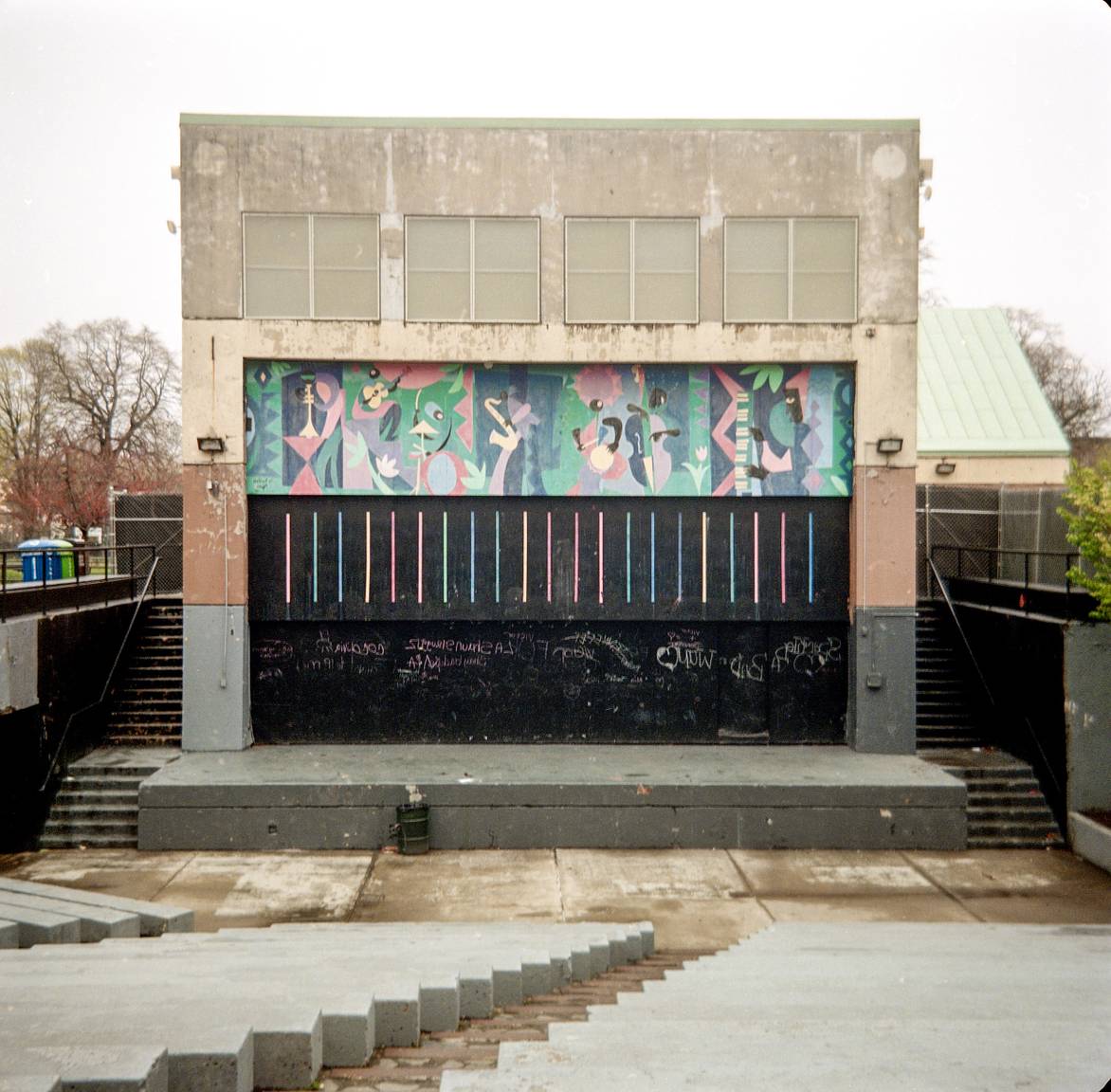




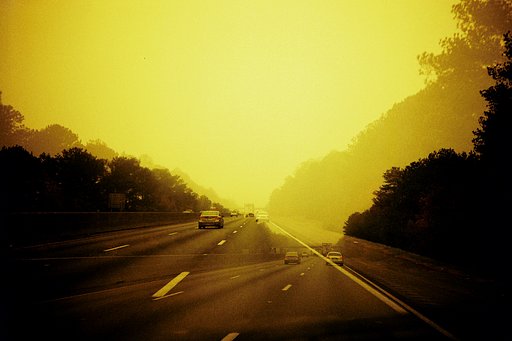






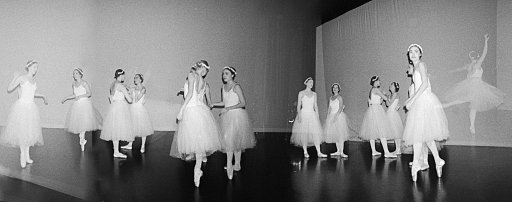

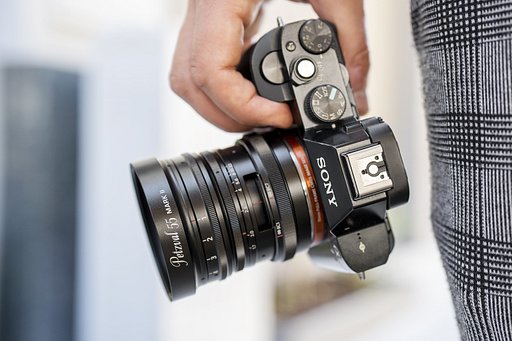



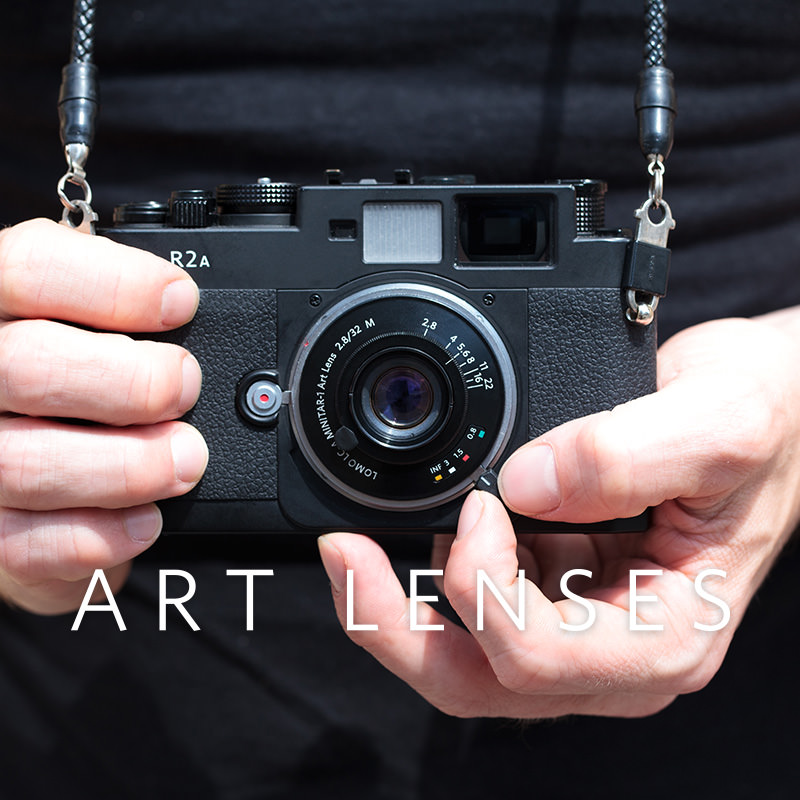
4 Comments